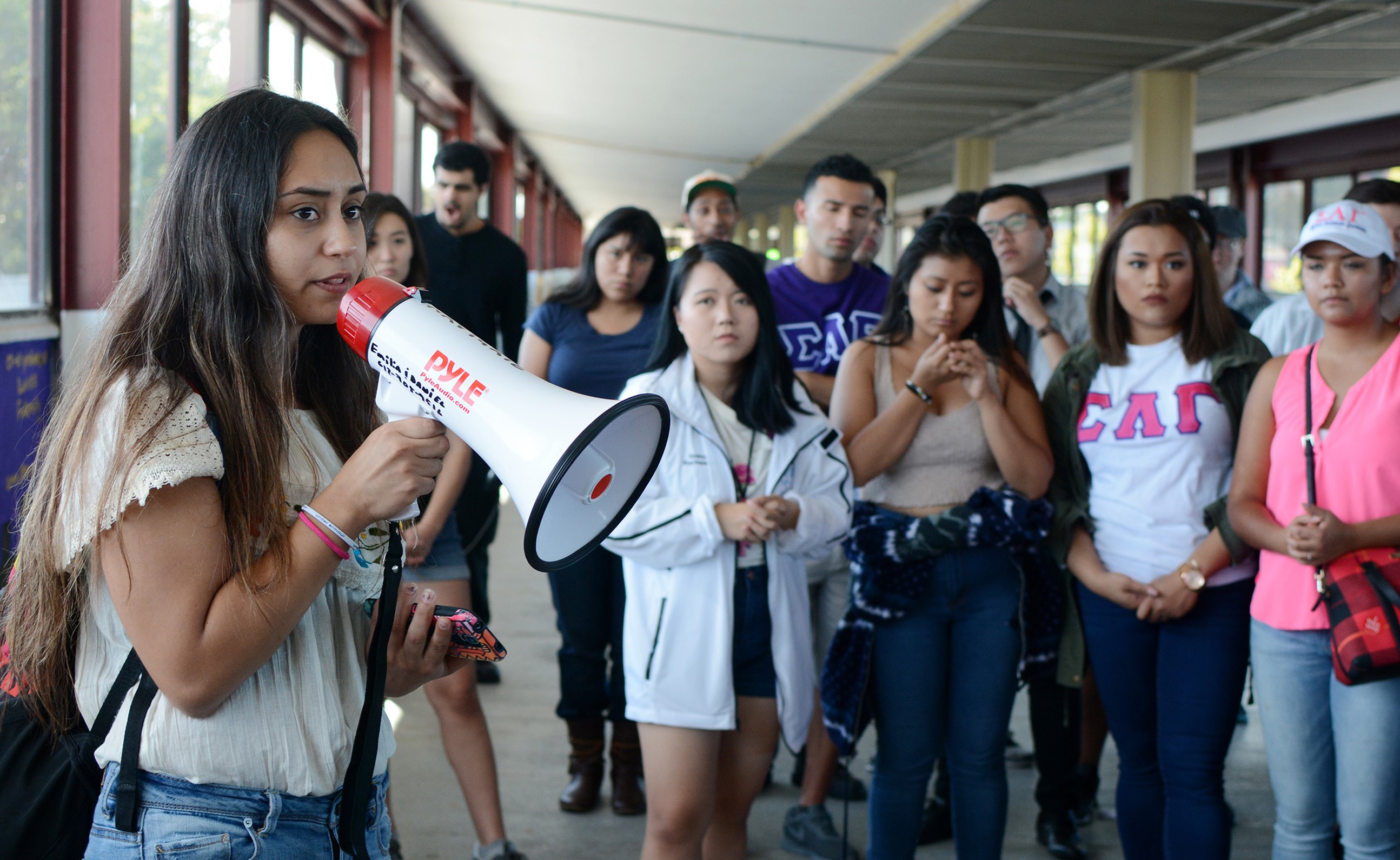Overview
Senior administrators and junior staff alike have an obligation to promote an open culture for free expression on campus, as well as to advance the principles of diversity, equity, and inclusion. These goals are best achieved when administrators take deliberate steps to articulate institutional values and promote free speech, dialogue, and constructive disagreement. Responding to a controversy is easier if these values have already been established and promoted proactively. See our proactive tips for promoting free speech and inclusion and our guidance on responding to incidents.
Academic Freedom
Academic freedom is a core tenet of higher education, and faculty should be free to push the bounds of knowledge, and explore ideas that might offend, without fear of retaliation. See more resources in our library.
-
Sample Statement
Statement supporting Camille Paglia at the University of the Arts
Campus Climate
Administrators can help shape a campus climate by instituting policies, creating resources, and setting the institution’s priorities. While being responsive and thoughtful in the face of speech-related controversies is hugely important, it is also critical to take proactive steps to affirm and promote the dual values of free speech and inclusion on a routine basis. See more resources in our library.
Campus Speech Policies
Administrators should be mindful that any policies concerning speech avoid punitive measures for protected speech. An affirmation of the university’s commitment to free speech and inclusion can be a helpful way to guide the university’s philosophy on such issues. See Campus Policies under “The Basics” in the law section for more information. See Our Principles for more guidance on thinking about campus speech policies. See more resources in our library.
Discrimination and Harassment
There are some circumstances in which universities may be required to restrict speech that constitutes discrimination or harassment. Universities must take care to uphold speech while ensuring that everyone has equal access to education and university resources. See more resources in our library.
-
Sample Policy
Brown University’s Discrimination & Harassment Policy
Diversity and Inclusion
The imperative for universities to become more open, inclusive, and equal for students of all races, genders, nationalities, and backgrounds can and must be pursued without compromising robust protections for free speech and academic freedom. See more resources in our library.
Hateful Expression
Administrators must be responsive to threats, hateful intimidation, overt racism, and other forms of discrimination. Even short of hate crimes or harassment, manifestly malicious and intimidating speech can impair equal access to the full benefits of a college education. See more resources in our library.
-
Sample Statement
Statement on swastika graffiti at Duke University
Invited Speakers
Both public and private campuses should be open to a wide variety of academic and popular opinions and should foster a culture where speech and reasoned debate are seen as the best tools for confronting mistaken, wrongheaded, or hateful ideas. See more resources in our library.
-
Sample Statement
Statement on Richard Spencer at the University of Florida
Protests on Campus
Student protests are a long-standing feature of campus life, and even contentious demonstrations for social change should be zealously protected. At the same time, protesters should not be permitted to obstruct the speech of their opponents. See more resources in our library.
Responding to Incidents
It is essential for administrators to be prepared to respond nimbly and effectively to speech-related controversies. In addition to quelling tensions and hostilities, it is important to listen to the campus community’s concerns and address any systemic issues that the incident brings to light.
